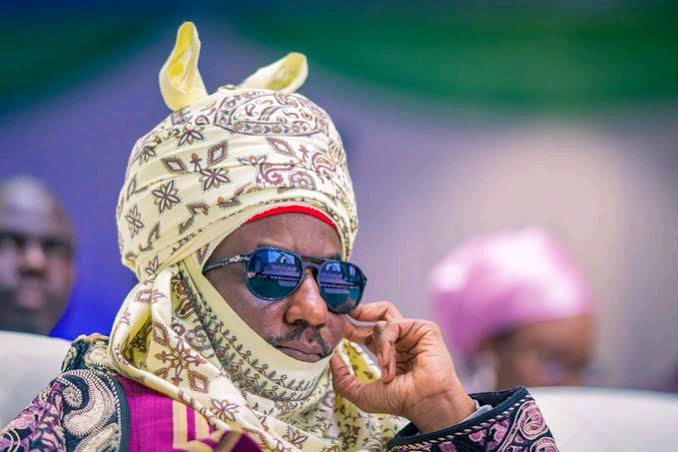By: Chioma Madonna Ndukwu
At the 2024 Annual Conference of the Nkata Ndi Inyom Igbo (NNII) in Abuja, Emir Muhammadu Sanusi II delivered a scathing critique of Nigerian politicians, attributing the nation’s decline in values to their actions. He emphasized that true identity is not defined by wealth, titles, or positions but by one’s character and actions. Highlighting the universality of corruption, Sanusi stated, “You can have a senator who is honest, kind, and generous, and another who is a thief,” suggesting that character matters more than outward success.
Sanusi also described leadership as a divine test, urging public officials to focus on service and positive change rather than personal enrichment. He warned that wealth gained through corruption often leads to family disputes and does not leave a lasting, meaningful legacy. The Emir called on leaders to leave behind a legacy of integrity and service that benefits society.
Sanusi’s remarks highlight a fundamental issue of ethical leadership in Nigeria. His message resonates beyond politics, urging a shift towards values that prioritize integrity over materialism. However, the real challenge remains in holding leaders accountable and creating a culture where service and character are truly valued over wealth and titles.


